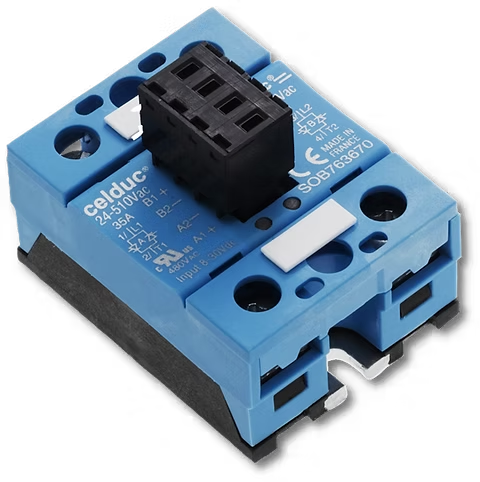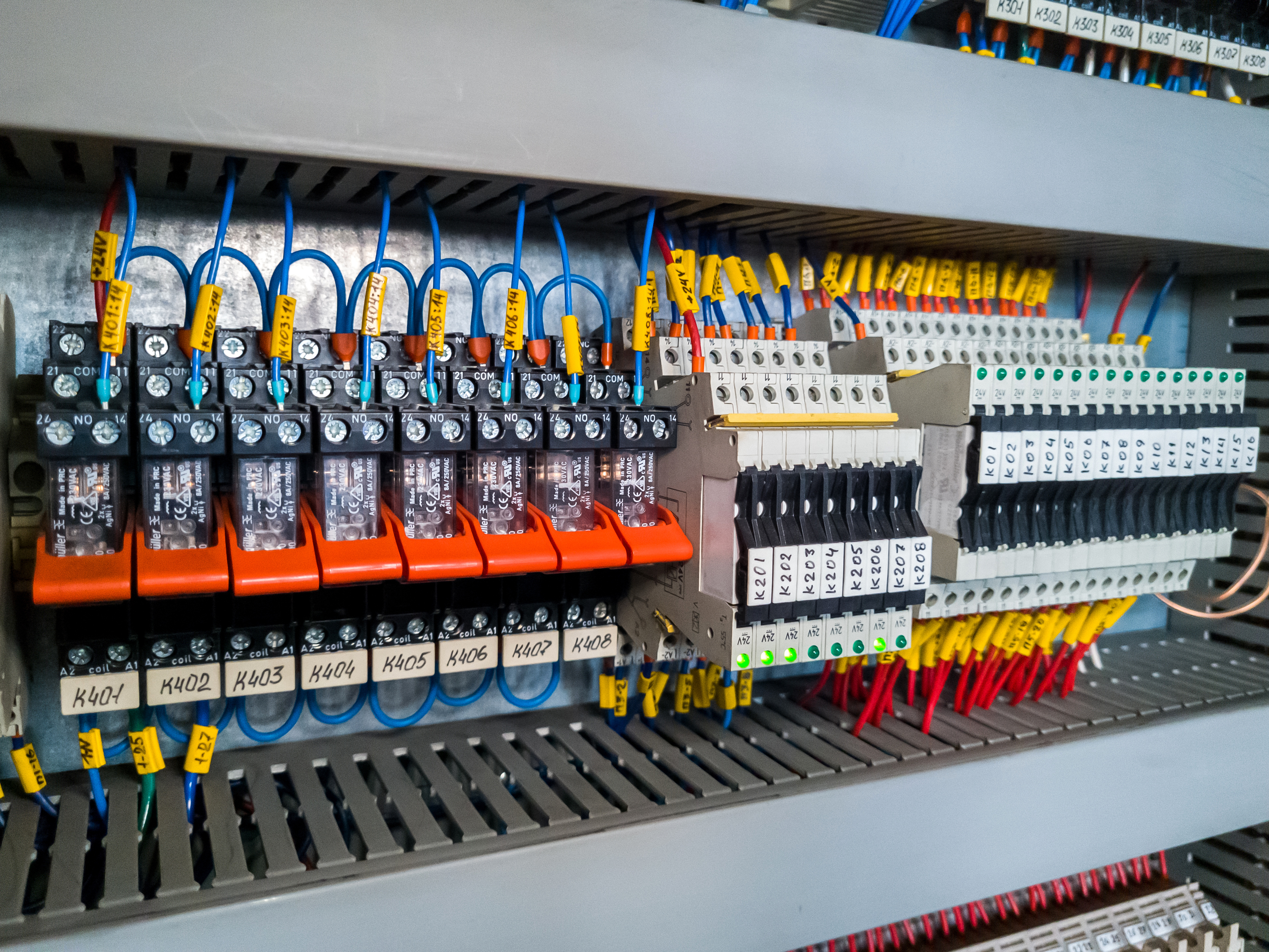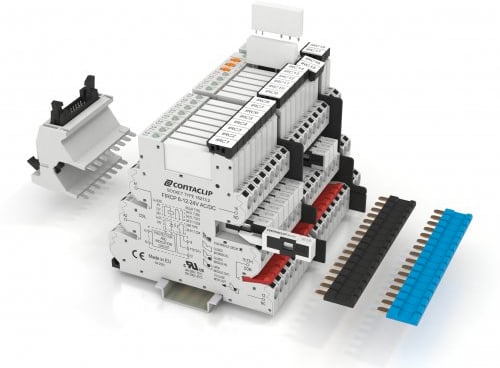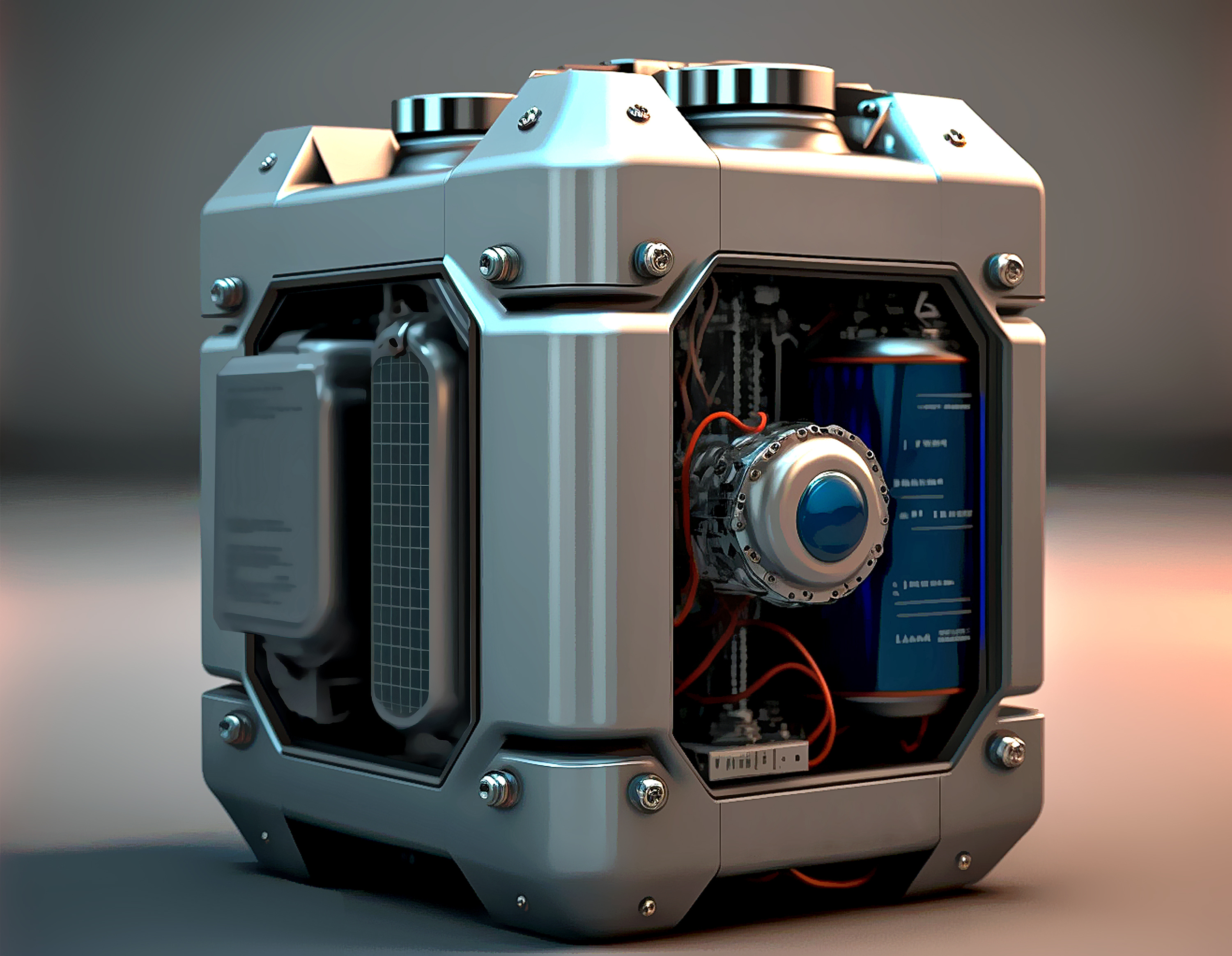What are they? How do they Work?
Fuel cell energy is a clean, reliable, and efficient energy source that has the potential to revolutionize the energy industry. Fuel cells are electrochemical devices that convert chemical energy stored in a fuel source, such as hydrogen, into electrical energy. Fuel cells have several advantages over traditional energy sources, such as being more efficient, cleaner, and cost-effective.
In this article, we will discuss what fuel cells are, the benefits of fuel cell energy, the different types of fuel cells, how fuel cells work, their current applications, and their future potential.
What are fuel cells?
A fuel cell is an electrochemical device that converts the chemical energy stored in a fuel source, such as hydrogen, into electrical energy. Fuel cells have been around since the 1800s, but it wasn’t until the 1960s that their potential as a clean, efficient, and reliable energy source began to be realised.
Fuel cells are typically composed of two electrodes (an anode and a cathode) separated by an electrolyte. When a fuel source, such as hydrogen, is supplied to the anode, the fuel is oxidised, releasing electrons which are conducted to the cathode. At the same time, oxygen is supplied to the cathode, where it combines with the electrons to form water. This process releases energy in the form of electrical current, which can be used to power devices and appliances.
Benefits of fuel cell energy
Fuel cell energy has a number of advantages over traditional energy sources. Firstly, fuel cells are more efficient than conventional energy sources. The energy conversion efficiency of a fuel cell is typically around 60%, which is significantly higher than the efficiency of traditional energy sources such as fossil fuels. This means that more energy is produced from the same amount of fuel.
Secondly, fuel cells produce no harmful emissions, making them a much cleaner energy source than traditional energy sources. This is because the only by-products of the reaction are water and heat, which are both non-polluting. This makes fuel cells an ideal energy source for applications where air quality is a concern, such as residential areas.
Thirdly, fuel cells are cost-effective. Fuel cells are typically much cheaper to operate than traditional energy sources, as they require less energy to produce the same amount of electricity. This makes fuel cells an attractive option for businesses and households looking to reduce energy costs.
Types of fuel cells
There are several types of fuel cells, each with their own advantages and disadvantages. The two most common types of fuel cells are proton exchange membrane fuel cells (PEMFCs) and solid oxide fuel cells (SOFCs).
PEMFCs are the most commonly used type of fuel cell. They are relatively small, lightweight, and require low temperatures for operation, making them well-suited for a wide range of applications. They are also relatively efficient, with an energy conversion efficiency of around 50%.
SOFCs are more efficient than PEMFCs, with an energy conversion efficiency of around 60%. They are also more robust and can operate at higher temperatures, making them suitable for high-power applications such as stationary power plants. However, they are also much more expensive and require more maintenance than PEMFCs.
How do fuel cells work?
Fuel cells work by an oxidation–reduction reaction, also known as a redox reaction. In a fuel cell, a fuel source, such as hydrogen, is supplied to the anode. At the anode, the fuel is oxidised, releasing electrons which are conducted to the cathode. At the same time, oxygen is supplied to the cathode, where it combines with the electrons to form water. This process releases energy in the form of electrical current, which can be used to power devices and appliances.
Fuel cells rely on a catalyst to speed up the reaction. The most commonly used catalyst is platinum, which is usually mixed into a membrane that separates the anode and cathode. The platinum catalyst helps to speed up the oxidation–reduction reaction, allowing the fuel cell to produce electricity quickly and efficiently.
Applications of fuel cells
Fuel cells have a wide range of applications, from powering small portable devices to large stationary power plants. Portable fuel cells, such as PEMFCs, are well-suited for small applications such as laptops, cell phones, and electric vehicles. On the other hand, larger stationary fuel cells, such as SOFCs, are better suited for high-power applications such as stationary power plants.
Fuel cells are also becoming increasingly popular in residential areas, as they are a clean, efficient, and cost-effective alternative to traditional energy sources. Fuel cells can be used to power homes, allowing homeowners to reduce their energy costs and their environmental impact.
Fuel cell efficiency
The efficiency of fuel cells is typically around 60%, which is significantly higher than the efficiency of traditional energy sources such as fossil fuels. This means that more energy is produced from the same amount of fuel. The efficiency of a fuel cell also increases as the temperature of the fuel cell increases, which could also prove useful for thermal energy recapture like that which happens in high-temperature applications at power plants. Could the heat energy expelled by a fuel cell be recaptured or recycled? Perhaps even drive another small turbine?
The efficiency of fuel cells can also be improved by using a fuel cell stack. A fuel cell stack is a series of fuel cells connected in series, allowing the fuel cells to operate at higher temperatures and higher efficiencies.
The future of fuel cells
Fuel cells have the potential to revolutionize the energy industry, as they are a clean, efficient, and cost-effective alternative to traditional energy sources. As fuel cells become more efficient, they will become increasingly attractive for large-scale applications such as stationary power plants. Additionally, advancements in fuel cell technology will open up new applications for fuel cells, such as in the maritime and aviation industries.
The increasing availability of renewable energy sources, such as solar and wind, is also aiding the development of fuel cell technology. This allows fuel cells to operate without the need for fossil fuels, making them even more attractive options for businesses and households looking to reduce their environmental impact.
TL;DR
Fuel cell energy is a clean, reliable, and efficient energy source that has the potential to revolutionise the energy industry. There are several different types of fuel cells, each with its own advantages and disadvantages. Fuel cells are already being used in a wide range of applications, from powering small portable devices to large stationary power plants, and their potential is only growing.
Reach out to us to discuss your specific needs, and we will provide you with our solutions for fuel cell technology!






